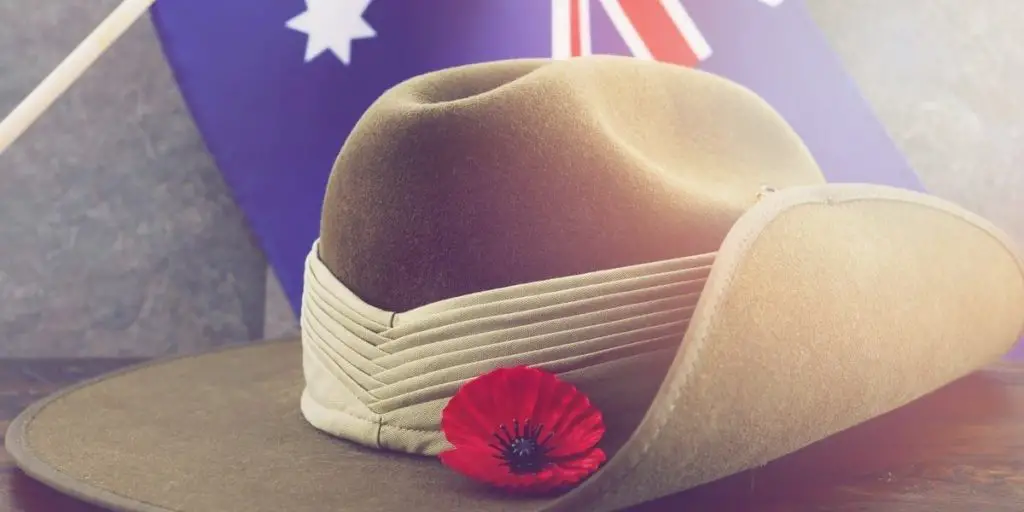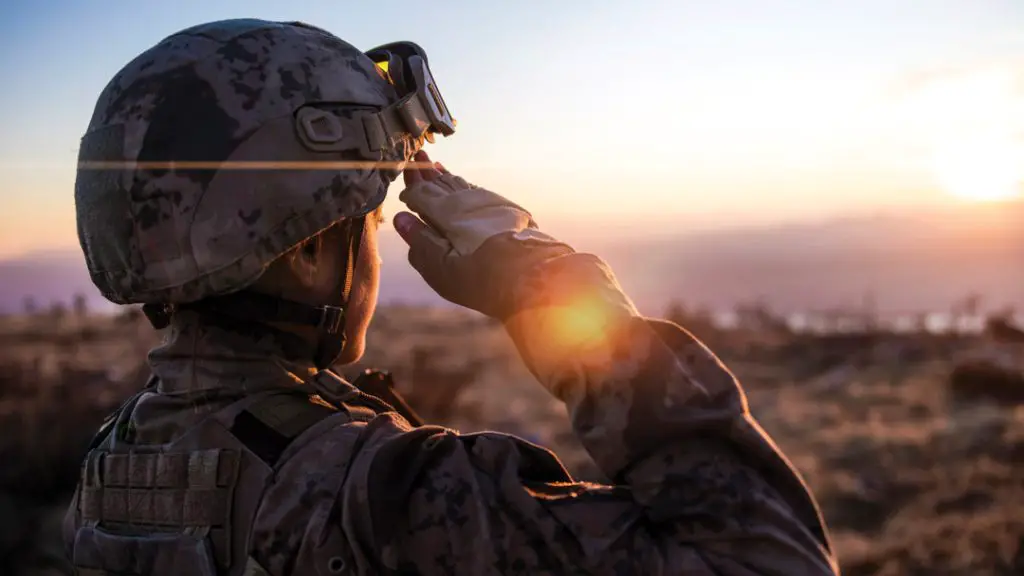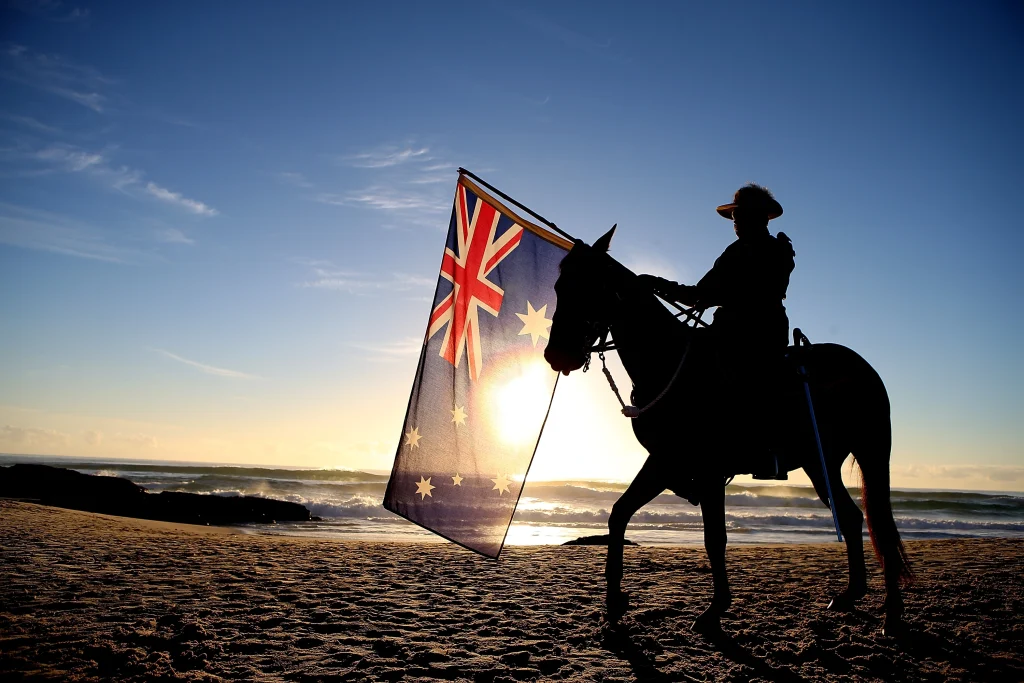Wars have claimed the lives of little over 100 thousand Australians. Hundreds of thousands of people were injured and untold more were traumatized emotionally. The bulk of these fatalities occurred among those aged 18 to 25. Just imagine that you or your sibling might have become one of those people if you’d been born a hundred years earlier.
The ANZAC Day commemoration of the devastating loss at Gallipoli, when 8,700 men died and the remaining troops retreated 8 months later having made little headway, is commemorated annually on April 25. On ANZAC Day, we reflect on the lives lost and wounds sustained by individuals on both sides of the battlefield. Foreigners may find it odd that we celebrate a major loss like this. There is no commemoration of a major victory on Australia’s most solemn military holiday. Why? It’s not because they haven’t won any major battles or accomplished anything noteworthy on the battlefield. Aussies have a rich history of valor and military prowess on the battlefield.

However, the event commemorated on our most revered day of military commemoration was a crushing loss and humiliation for our country. How did our loss at Gallipoli come to define our country? How do we Australians, who are generally known for being rude, treat the anniversary of Gallipoli’s loss with such solemnity every year?
For us, Gallipoli represents virtues like bravery and perseverance in the face of hardship, loyalty to one’s friends and family, and selflessness in the face of adversity.
From March 1916 to the conclusion of the war in November 1918, some two years and eight months, Australian soldiers were stationed on the Western Front.
Trench foot, a kind of frostbite that frequently resulted in gangrene and the loss of toes or feet, kept men on the front lines out of commission for extended periods of time. The slush might reach depths of up to 30 centimeters. Starvation and the relentless onslaught had sapped their strength and willpower. Extreme downpours soaked the ground… Others had to resort to crawling. In spite of their exhaustion, few people ventured to sleep. They may become immobile and die in their sleep. If they wake up, it may be too late.

For weeks, if not months, the guys did not take a single shower. There were millions of rats in the trenches, and they contaminated the food supply and transmitted disease. The brown rat, which can become as big as a cat, and the black rat, which stays little, were the two most common kinds. These creatures gorged on human corpses, becoming even more hideous as they became fat on human organs like eyeballs and liver. Nits and lice were also a major issue, as they thrived in dirty clothes seams and made men miserable by making them itch incessantly.
Can you see yourself surviving in an environment where shells constantly rained down and snipers lurked around every corner? Putting up with these situations for a long time? Trying to do the same thing again and over again without making any progress would be a nightmare. This was the reality of the Western Front’s trench warfare.

We honor the bravery and determination that kept our soldiers fighting in the face of overwhelming odds and terrible circumstances in the Western Front trenches. That kind of reckless bravery on show at Gallipoli is an inspiration to us. And for that, we will always be grateful to the individuals who made the ultimate sacrifice.
Thus, we commemorate their sacrifice by marking ANZAC Day each year. The price they paid is not forgotten. Many more who fought and died in conflicts not mentioned here are also remembered with gratitude.
There is plenty for which we may be thankful. We don’t celebrate war, but we must never forget the price paid by our forefathers… due to the fact that selflessness is a wonderful virtue.





